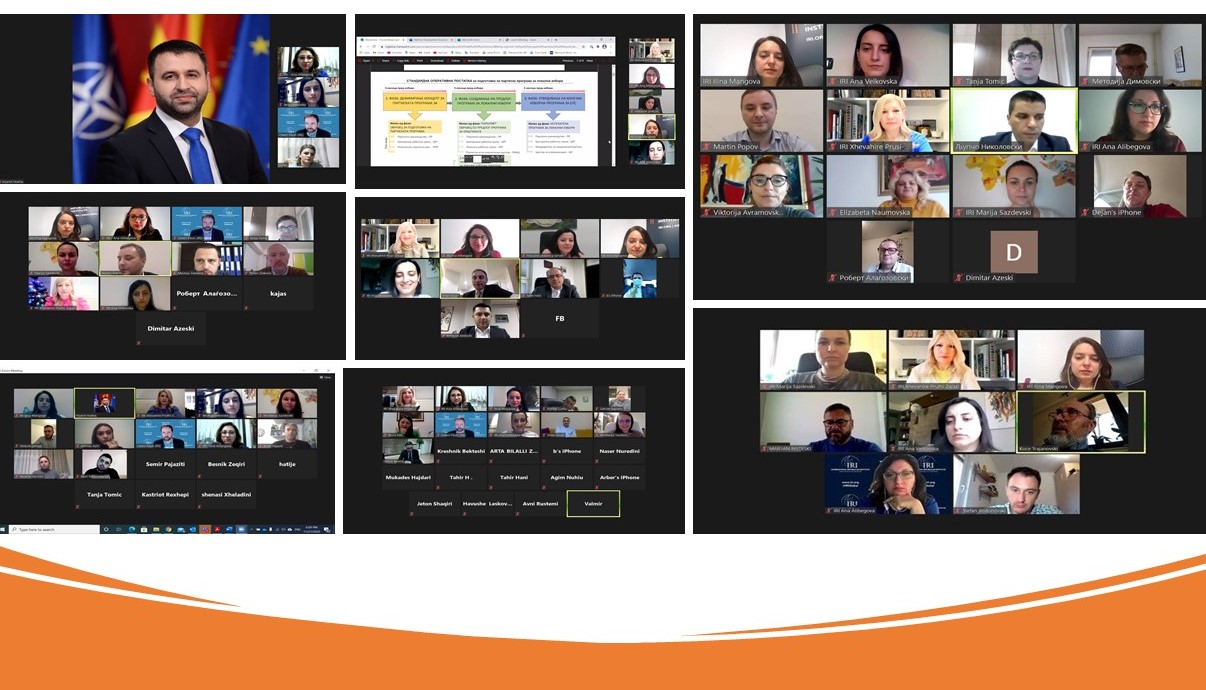Transforming Citizen Needs into Public Policy in North Macedonia

For more than 20 years, North Macedonia has staked its European Union (EU) prospects on resolving high-level issues, such as improving the country’s state and alliance building efforts. While these are critical, many officials have overlooked the equal importance of strengthening government responsiveness and citizen engagement. With local elections less than a year away, now is the time to invest in the connection between political parties and citizens to ensure the new government can enhance North Macedonia’s democracy and advance its EU integration.
For more than two decades, North Macedonia has vied for EU membership with no success. Slow reforms, disputes with neighboring countries and the reluctance of EU states and citizens to accept new members are all – in part – to blame. To tear down these impediments to ascension, North Macedonia’s government has made bold decisions to advance reform processes and resolve political issues in the region. The Prespa Agreement – in which the government conceded to Greece’s demands for North Macedonia’s name change – is just one embodiment of its commitment to securing EU membership once and for all.
Investing efforts in the “big” political issues has sadly, however, come at the expense of developing internal party structures and processes to better connect with everyday citizens. While political elites devote their attention to high-level EU-related discussions, the people of North Macedonia are being deprived of adequate public infrastructure and services at the local level. According to the World Bank, “the poor quality of municipal infrastructure is considered a major factor preventing people from regularly accessing social and educational services and employment opportunities outside their immediate communities.” The quality of life in North Macedonia depends on the ability and willingness of local leaders to identify community problems, prioritize solutions and modernize public services.
So far, local officials have failed to provide that support, with most political parties lacking policy platforms that are issues-based, well-structured and shaped by public opinion. They have also struggled to foster citizens’ political engagement – contributing to the country’s overall fragility and slow democratic development.
To help forge a stronger bond between authorities and citizens, IRI North Macedonia supported several political parties in improving their internal structures and processes ahead of the fall 2021 local elections. In collaboration with experts, IRI assisted the parties in developing a Standard Operating Procedure (SOP), walking them through each step in designing policy proposals that respond to citizen needs. In a series of workshops with party leaders, new procedures were drafted and politicians became more aware of the many approaches to participatory policymaking. What’s more, party leaders and policy committees are demonstrating a commitment to putting them into action.
As part of this initiative, IRI has also developed an SOP geared to facilitating gender-responsive policymaking by adapting IRI’s Women’s Democracy Network’s most recent handbook to North Macedonia. Now aware of the different impacts public policy has on women and men, political parties are today better prepared to bring women into the political fold.
With improved procedures for policy proposals and public engagement, parties are now able to create more responsive and attractive platforms for the upcoming 2021 local elections. And the impact of this development on local politics has the potential to be huge. With more engaging platforms, come more engaged citizens. When individuals do not shy away from voicing their demands – and political parties are listening – change happens.
Though investing in the responsiveness and accountability of local governments can be a more abstract, and in some cases, longer process, it is just as critical to EU integration as addressing higher-level issues. With this conviction driving our work, IRI remains committed to supporting North Macedonia’s grassroot democratic practices and service delivery to help the country keep its course towards EU membership.
Top